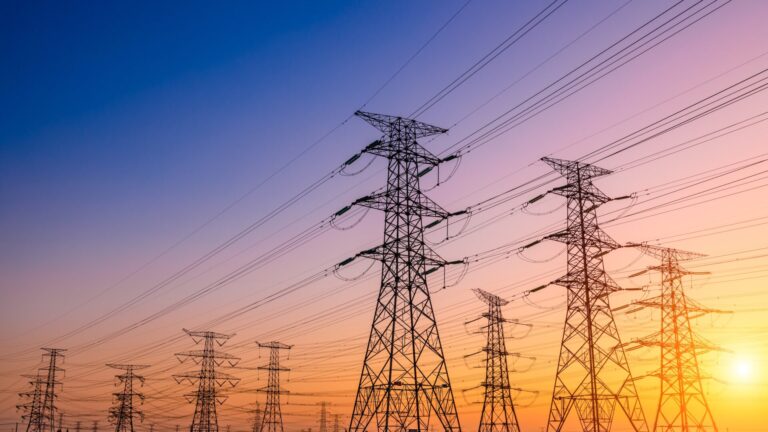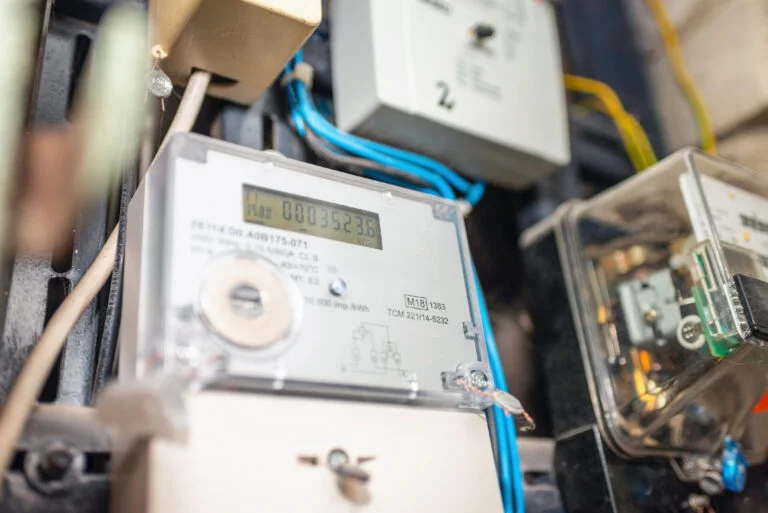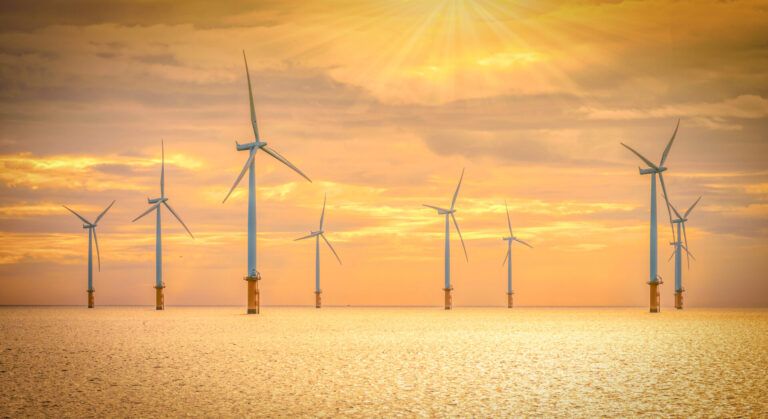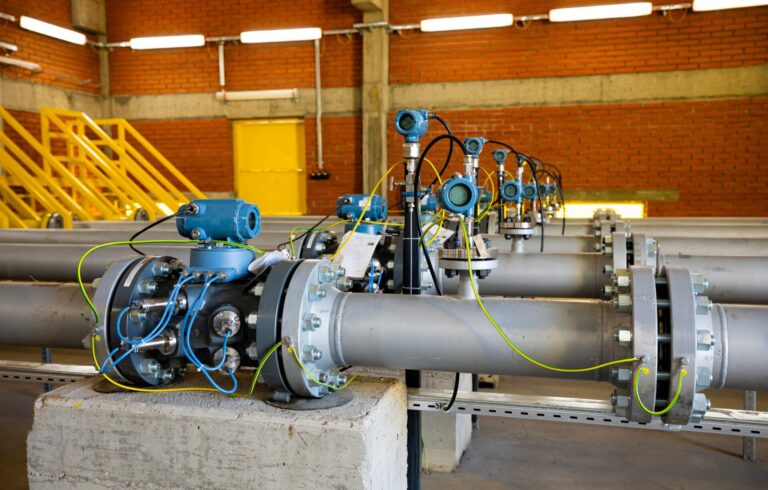Streamlining the Grid Connection Process
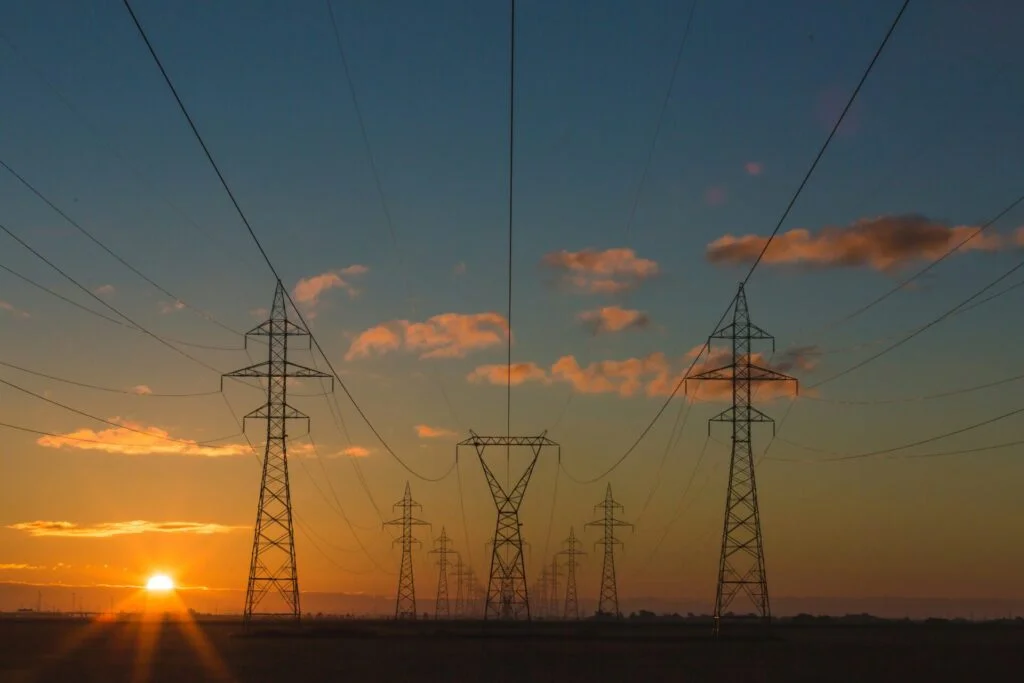
NESO’s Clean Power 2030 Report
The Benefits of a Streamlined Grid Connection Process
-
Enhanced Energy Security
A faster, more efficient grid connection process will increase the UK’s renewable energy capacity, contributing to greater energy security. By enabling more renewable sources to connect to the grid, the UK can reduce its reliance on fossil fuels and enhance the stabilisation of the energy market.
-
Accelerated Path to Carbon Reduction
Supporting the faster deployment of renewable energy sources aligns with the UK's commitment to reducing carbon emissions and transitioning to a low-carbon economy. These improvements could significantly contribute to meeting the nation’s climate targets by 2030.
-
Increased Investment in Renewable Projects
A simplified grid connection process is likely to attract more investment in the UK’s renewable energy sector, as project timelines become shorter and more predictable. This influx of capital could further accelerate the pace of the clean energy transition, bringing long-term benefits to the UK economy.
How BP Consulting Can Support Your Renewable Energy Goals
By addressing the challenges in the grid connection process, the government and Ofgem are setting the stage for a new era of renewable energy in the UK. These reforms, alongside the NESO report, provide a clear roadmap for achieving a cleaner, more resilient energy system that can meet the demands of a low-carbon future. With continued collaboration, the UK is ready to make significant strides in building an energy landscape that aligns with its environmental commitments and energy security needs.



